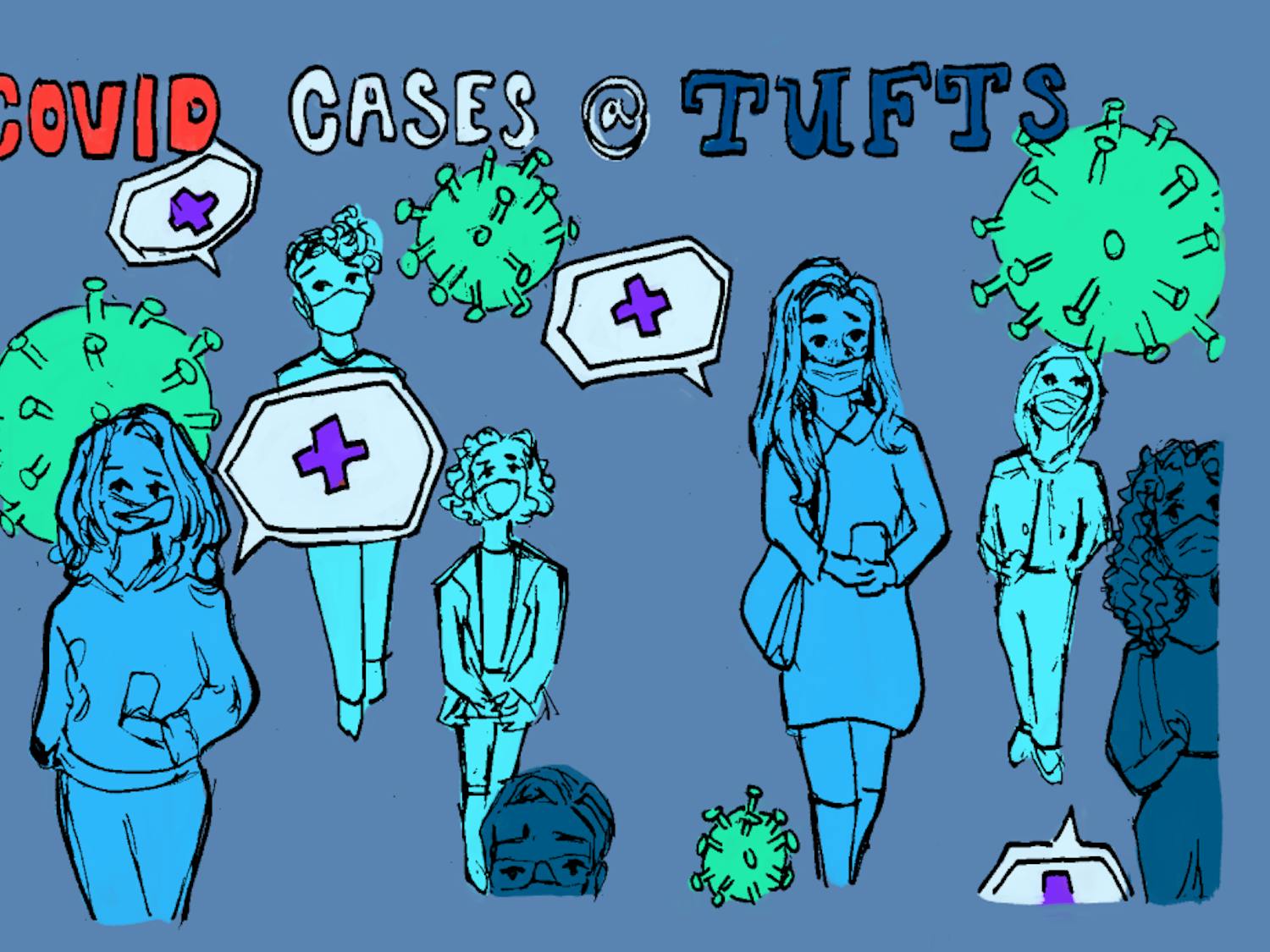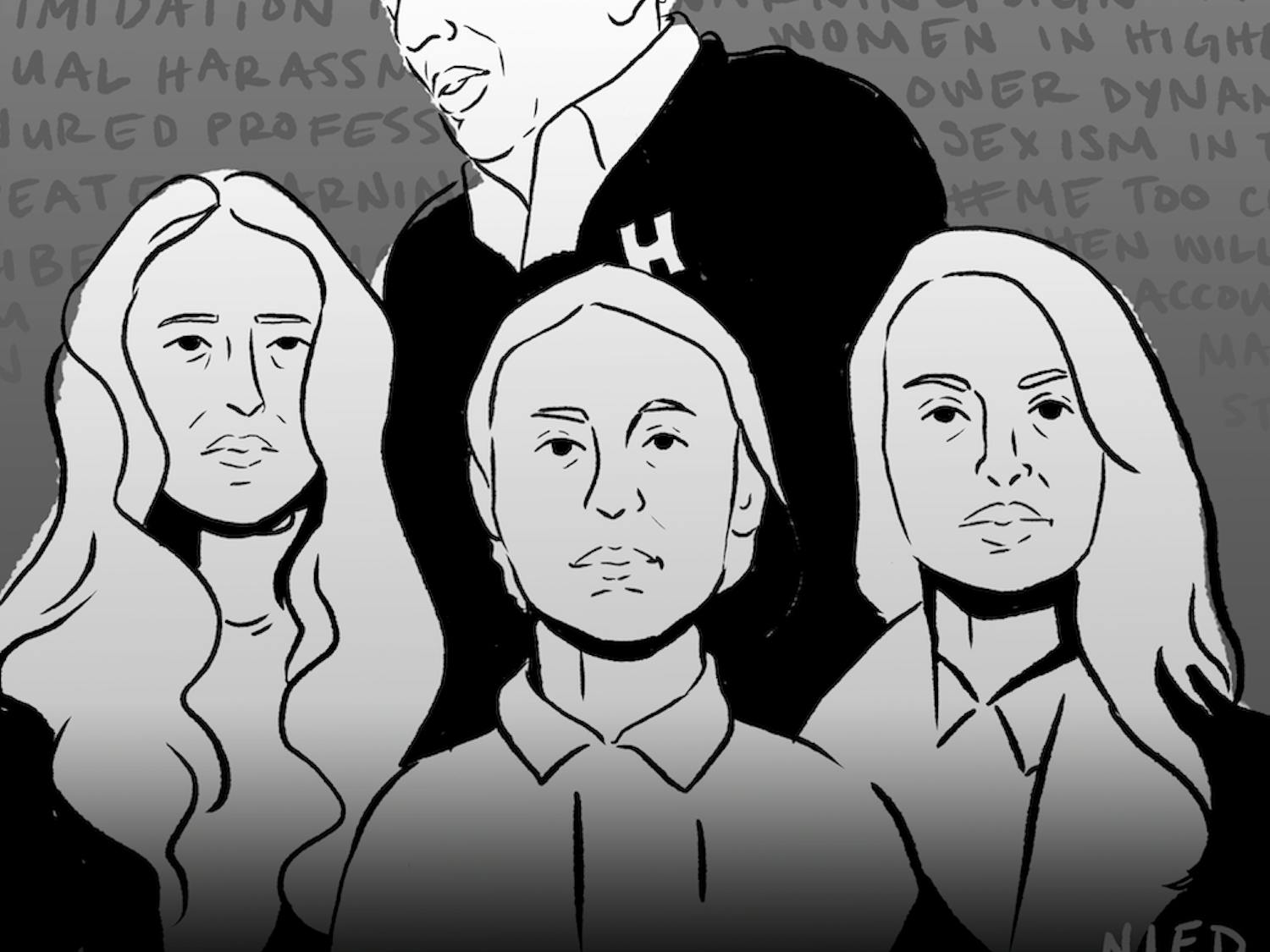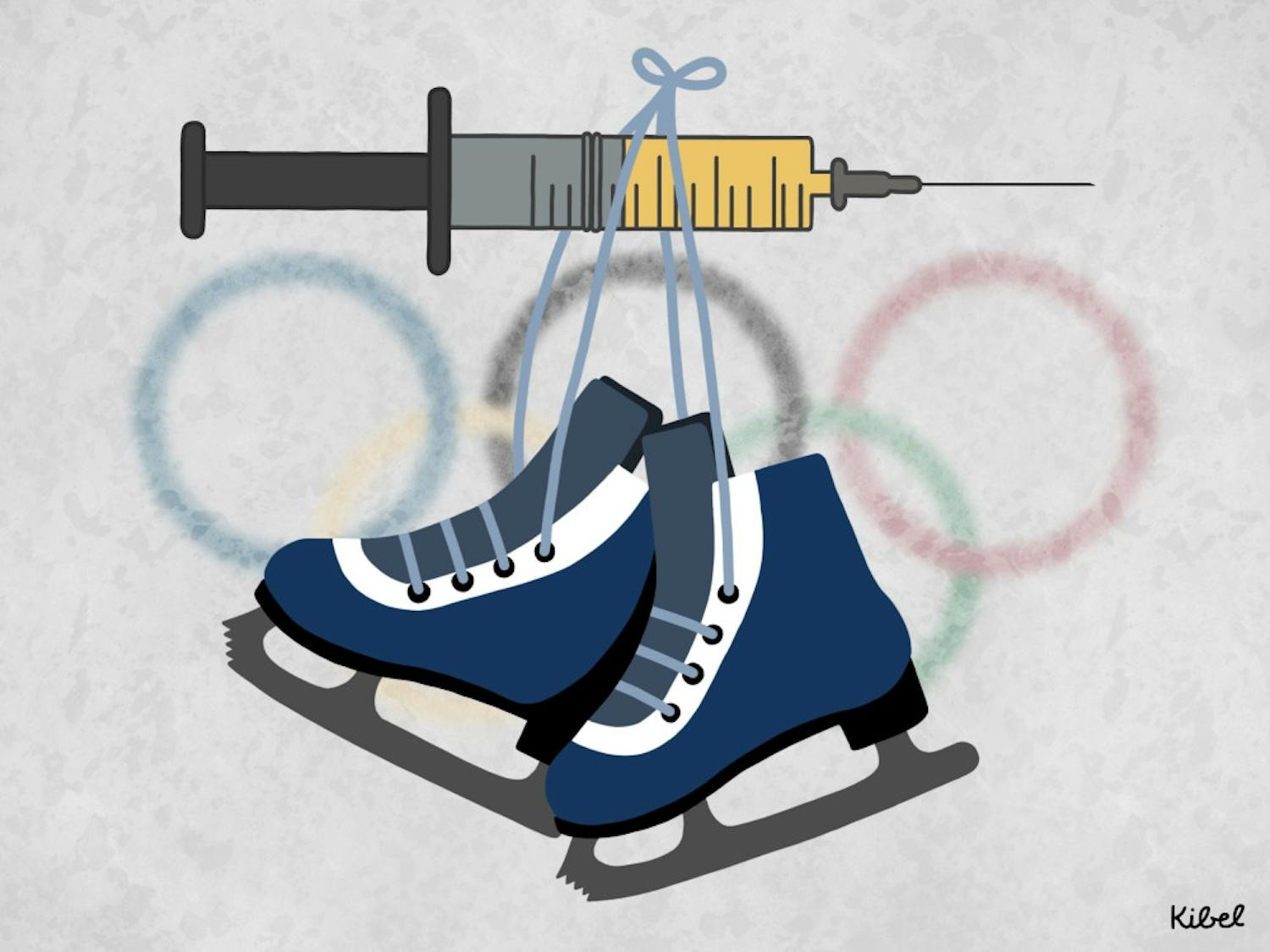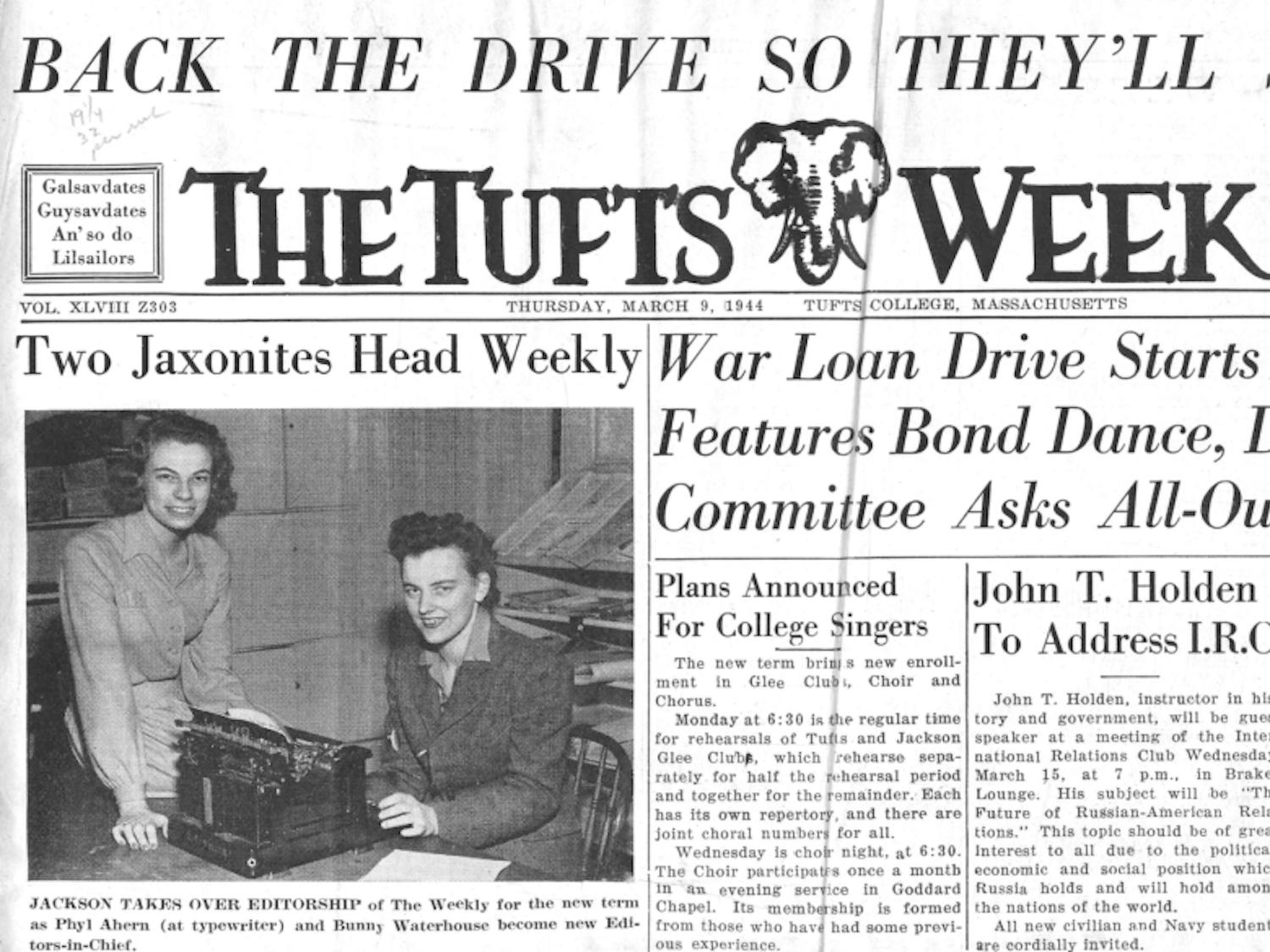Blue, Brown & Green: It’s time to unplug — literally
By Natalie Brownsell | March 17Of the 92.9 quadrillion British thermal units of energy consumed by the U.S. in 2020, 62.3 quads were considered “rejected energy” by the Lawrence Livermore National Laboratory. This means that more than two-thirds of the energy consumed in the U.S. in 2020 was released into the environment — mostly as heat — and provided no economic or societal benefit at all. In other words, over two-thirds of all energy consumed in 2020 was wasted. This waste comes from inefficiencies in technology that allow energy to be lost as heat while converting one form of energy into another or while running technology.











